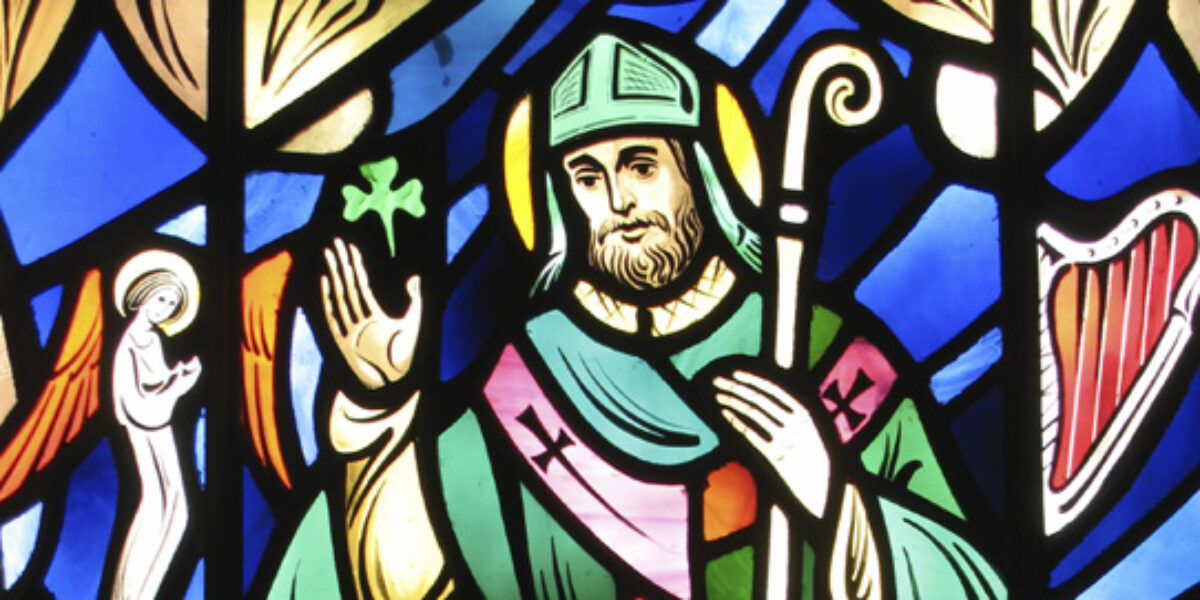In the New Testament, “saints” often referred to people of faith. Learn more about some these early pillars of the faith, who have encouraged people for centuries.
Calendar of Saints and Feast Days
The letters of the apostle Paul were written to the ‘saints” – one of several terms used in the New Testament to designate those who believed in Jesus Christ. Those who were called to be followers and witnesses to the love of God were honored in the ancient church, and are still highly regarded today.
Each saint makes God’s love known. Saints have helped make God known to the lost and to the forgotten. Today, these “saints” are informal acquaintances: a spiritual mentor, or even a beloved family member, who taught us to pray, read Scripture, or allowed us to explore our faith and make it our own. In some Christian traditions sainthood has been formalized in the hope that their example will help the faithful to embrace a wider experience of God. The saints so recognized are those whose acts of faith speak to a wide range of people who seek to deepen and strengthen their relationships with God.
Reflecting on the lives of saints affords us the insight that one person can make a difference, that, by embracing Christ in our lives, we can make an impact on the world. Saints are usually remembered on the day they died, marking their entrance into heaven. Remembering them gives us daily models that call forth the gifts we are given for serving others and for making God’s love known.
- St. Anthony of Egypt – January 17
- Priscilla and Aquila – February 13 and July 8
- Saint Cyril and Saint Methodius – February 17
- Saint Katherine Drexel – March 3
- Saint Patrick – March 17
- Saint Joseph – March 19 and May 1
- Oscar Romero – March 24
- St. Martin of Tours – November 11
- St. Frances Xavier Cabrini – November 13
- St. Hilda of Whitby – November 18
- Dorothy Day – November 29
- St. Andrew – November 30
- St. Thomas – December 21
- St. Stephen – December 26
- St. John – December 27




